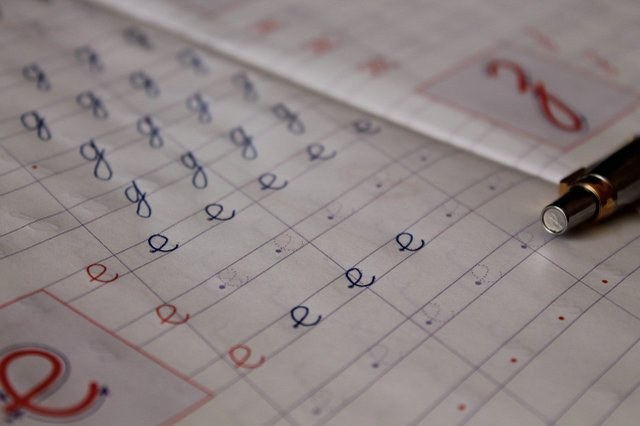You will need
- Handbooks and dictionaries of the Russian language, classical literary texts, tests on the Russian language.
Instruction
1
The study of the Russian languageand not in school and not even in kindergarten. Parents are the people who lay the foundations for languageoriented skills of the child. Between the man whose parents speak fluent Russian languagee, with good pronunciation, without an abundance of words in speech parasites and man, in whose family the picture opposite, the difference is huge. They can always be distinguished, and in five, fifteen, and fifty years in their speech. Of course, to every rule there are exceptions. Because not everyone is born in the family of philologists and not every languageial flair evolving from infancy. In this case, will help, constant work on yourself.
2
Conscious work on oneself is possible in the more or less conscious age. To help in the language ofthe my development and to provide languageowou competence – the task of school education. The knowledge given in school is basic knowledge, adapted to the average student, and not exorbitant. That is why if you want to know Russian languagein order to know the "perfect" curriculum. Nothing extra in it, even if you think so.
3
But what if the school you have already graduated, and knowledge of the languagebut still not really great? Here will help or higher philological education, or individual work. In the first case is more or less clear. At the faculty of Philology, if a responsible attitude to study, you will certainly acquire if you do not excellent knowledge of Russian languageand very good at least. If you work individually, it is worth exploring the benefits on the subject of "Russian language and speech culture". Just make sure that you use high-quality publication, approved by the experts.
4
In addition, there are some tips that will help you in improving the languageand regardless of that, what family are you from, what education you have and how old you are. First, read as much as possible. Basically, the classic works of domestic and foreign authors. Don't forget to look up the meanings of unfamiliar words in the dictionary at school to teachers seems boring, but actually very stimulating erudition. Most often refer to dictionaries, especially for academic pronouncing – the same one that still keeps the classic pronunciation is not absorbing the modern indulgences of the Ministry of education. Even if you have graduated from high school, sometimes try to solve the tests in Russian languagefor senior classes and test yourself – all of a sudden forgot some rule. And try talking to different people, to notice, but not borrow from them certain speech errors.
Useful advice
If you want your child also perfectly know Russian language, read carefully the first step. Try the child to always speak properly, let him read good books, do not forget the folk songs, poems, Proverbs and sayings, engaged in diverse language development of the child from its very birth, to ease his life in the future.
